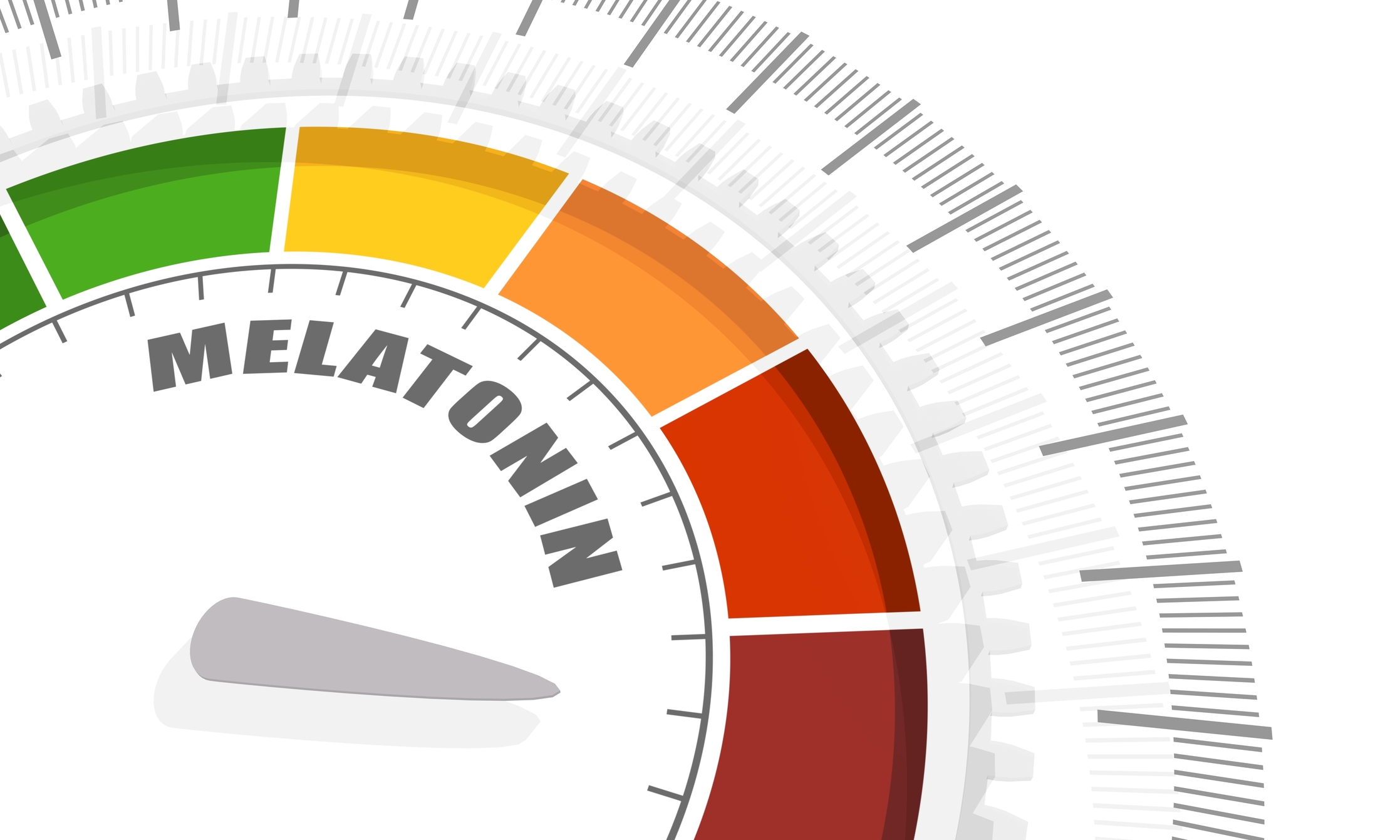Top Five Fascinating Facts about Melatonin You've Been Craving to Know
Melatonin, also known as the "sleep hormone," has long been the subject of much curiosity. Derived from serotonin, this remarkable hormone plays significant roles in regulatory processes such as sleep patterns and the body's circadian rhythm. It's primarily generated by the pineal gland—an endocrine organ nestled within the brain. The production of melatonin notably intensifies in the dark and abates when exposed to light.
Interestingly, this nocturnal surge aligns with the human body's inherent biological clock, syncing with the usual sleep hours after sunset. This phenomenon essentially designates melatonin as a key facilitator of good sleep. Besides instigating sleep, the hormone also helps to maintain the sleep cycle through the night by regulating the body's internal clock.
While the pineal gland is the primary source, melatonin is also produced in small amounts by other body parts, including the retina, bone marrow, and gut. Its multifaceted influence expands beyond sleep regulation, helping balance mood, managing stress responses, boosting immunity, and even contributing to cellular health.
The Link Between Melatonin and Circadian Rhythm

As mentioned earlier, melatonin's vital role in regulating the body's circadian rhythm provides a fascinating glimpse into the interconnected nature of our bodily functions. The circadian rhythm is the body's internal clock operating over a 24-hour cycle, dictating when we sleep, wake, eat, and other physiological processes.
Melatonin's generation is closely tied to this 24-hour cycle. As the day transitions into night, melatonin levels in the body soar, signaling to the body that it's time to sleep. This rise in levels tapers off towards the morning, helping us gradually transition out of sleep.
Studies have illustrated that disruptions to the circadian rhythm—such as those instigated by jet lag or shift work—can lead to a misalignment of melatonin production. This disruption often results in sleep disorders and associated issues, underscoring the hormone's significant influence over our day-to-day well-being.